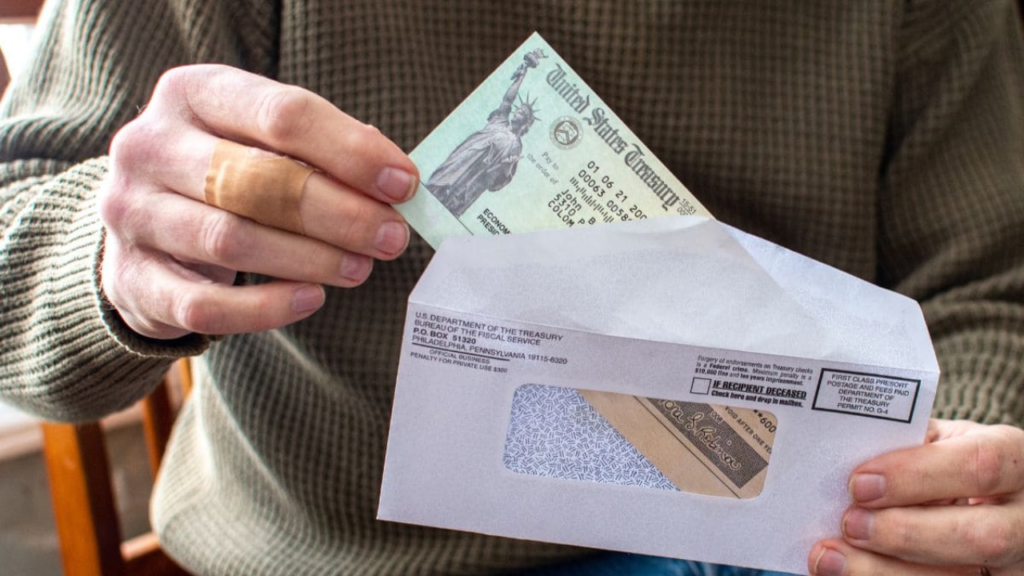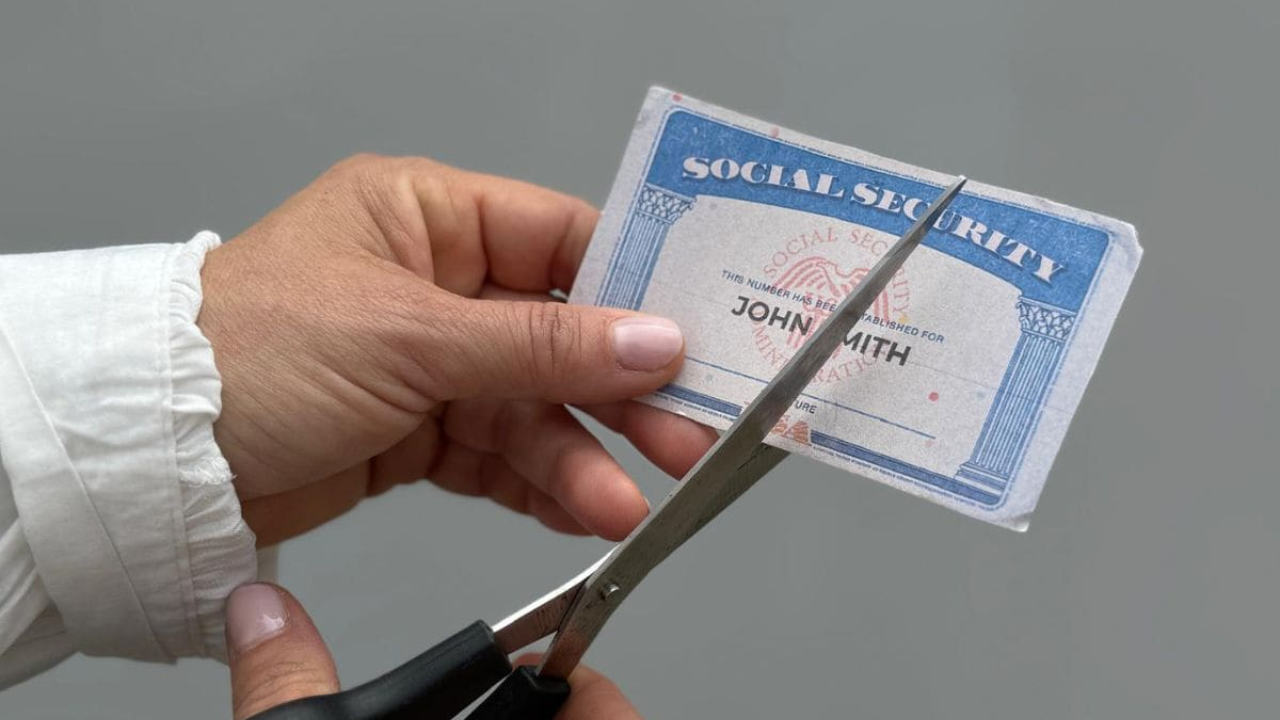The Social Security Administration (SSA) is an essential government body responsible for ensuring that millions of Americans receive their benefits on time.
These benefits can come in many forms, from retirement and disability payments to survivor and supplemental income benefits.
While the SSA’s goal is to make sure payments reach their recipients without delay, there are times when things don’t go as planned, and your Social Security payment might not arrive when expected. This can be a source of frustration, especially if you rely on these payments for your day-to-day living.
However, before jumping to conclusions, it’s important to understand the different reasons that could cause a delay or reduction in your Social Security payment.
In this article, we’ll cover the most common reasons why your payment might be reduced and how you can resolve these issues quickly.
1. Technical and Banking Delays:
One of the most common reasons for payment delays is technical glitches or banking delays. Most Social Security payments are now made electronically, which typically ensures a smooth transfer process. However, no system is perfect.
Occasionally, there may be temporary issues with the banking system that could cause payments to be delayed. If this happens, the first step is to wait at least three business days. This waiting period allows time for any temporary issues to be resolved.
If you still haven’t received your payment after waiting for three business days, it’s time to take further action. You can contact the SSA directly to inquire about the status of your payment.
The SSA can be reached by calling their customer service number at 1-800-772-1213, or you can visit a local office to get more information. Be sure to have your personal and benefit information ready, as this will help the SSA resolve your issue more quickly.
2. Outdated Personal Information:
Another common reason for delayed or reduced payments is outdated personal information. If your address, bank account details, or other personal information has changed, and you haven’t updated it with the SSA, this can lead to complications with your payment.
For example, if the SSA is trying to deposit your payment into an old bank account or if your address is incorrect, they may not be able to reach you with the payment.
It’s crucial for beneficiaries to regularly check that their personal information is up-to-date with the SSA. If you’ve changed banks, moved to a new address, or made any other changes that could affect your payments, make sure the SSA has the most current information.
This can be done through the SSA’s website or by calling their customer service line. Keeping your details updated helps ensure that you won’t face unnecessary delays.
3. Direct Express Card Issues:
For individuals who use the Direct Express card to receive their Social Security payments, there are additional considerations.
The Direct Express card is a convenient way for beneficiaries to receive payments without having a traditional bank account. However, if your Direct Express card is expired or not functioning properly, it can cause delays in receiving your payment.
To avoid any disruptions, it’s important to check that your Direct Express card is active and in good working condition.
If your card is nearing its expiration date or you notice any issues with it, reach out to the Direct Express customer service for assistance.
In some cases, you may need to request a replacement card, which can take a few weeks to arrive. Being proactive about checking the status of your Direct Express card can help prevent payment interruptions.
4. Fraud or Payment Diversion

While rare, fraud or payment diversion is another serious issue that can impact your Social Security payment. If someone else can access your personal information or Social Security number, they might divert your payments into their account.
The SSA has strict protocols in place to investigate and resolve such issues, but beneficiaries must report any suspicious activity immediately.
If you suspect that your payment has been diverted or that someone is committing fraud in your name, contact the SSA right away.
They will begin an investigation and take the necessary steps to protect your benefits. The SSA can help you restore any lost funds and ensure that you receive your payment on time moving forward. Remember, it’s always better to be safe than sorry when it comes to protecting your Social Security benefits.
5. Failure to File a Timely Report:
For some beneficiaries, especially those who are receiving Supplemental Security Income (SSI) or certain other types of Social Security payments, failing to file a report in time can result in a reduction or suspension of benefits.
For instance, SSI recipients are required to report their income, living arrangements, and other changes regularly. If you fail to file your report by the deadline, the SSA may reduce or stop your payments until the issue is resolved.
To avoid this situation, make sure to submit any required reports on time. You can file your reports online through the SSA’s website or by calling their customer service line. If you’re unsure about the reporting requirements, it’s a good idea to contact the SSA for clarification so you don’t miss any deadlines.
6. Overpayment Issues:
Overpayments can also cause issues with your Social Security payments. If you were accidentally overpaid in the past, the SSA may reduce future payments to correct the overpayment.
The SSA will usually notify you if you have been overpaid and will work with you to set up a repayment plan. In some cases, the repayment may be deducted directly from your monthly benefits.
If you believe there has been an error in your payment amount, you should contact the SSA as soon as possible to address the issue. Being proactive in resolving any overpayment issues can help prevent unnecessary reductions in your future payments.
7. Filing a Formal Claim:
If your Social Security payment is delayed or reduced, and you are unable to resolve the issue through normal customer service channels, you may need to file a formal claim. This can be done by contacting the SSA and requesting assistance in filing a claim to resolve your payment issue.
The SSA offers free assistance throughout the claim process, so don’t hesitate to reach out for help.
While the process may take some time, the SSA is committed to ensuring that beneficiaries receive the benefits they are entitled to. By following the proper procedures and staying patient, most issues can be resolved successfully.
Conclusion:
If you find that your Social Security payment is delayed or reduced, it’s important to stay calm and take the necessary steps to resolve the issue.
Most problems can be traced back to simple reasons, such as outdated personal information, technical delays, or issues with your Direct Express card. By staying proactive, regularly updating your information, and contacting the SSA when needed, you can minimize the impact of any payment issues.
Remember, the SSA is dedicated to providing accurate and timely payments to all beneficiaries, and they have systems in place to support you if problems arise.
By utilizing the resources available to you and staying informed, you can help ensure that your Social Security payments arrive on time and without issue.
Disclaimer- Our team has thoroughly fact-checked this article to ensure its accuracy and maintain its credibility. We are committed to providing honest and reliable content for our readers.






